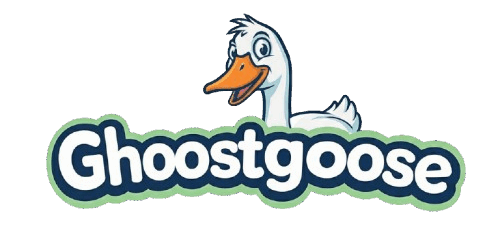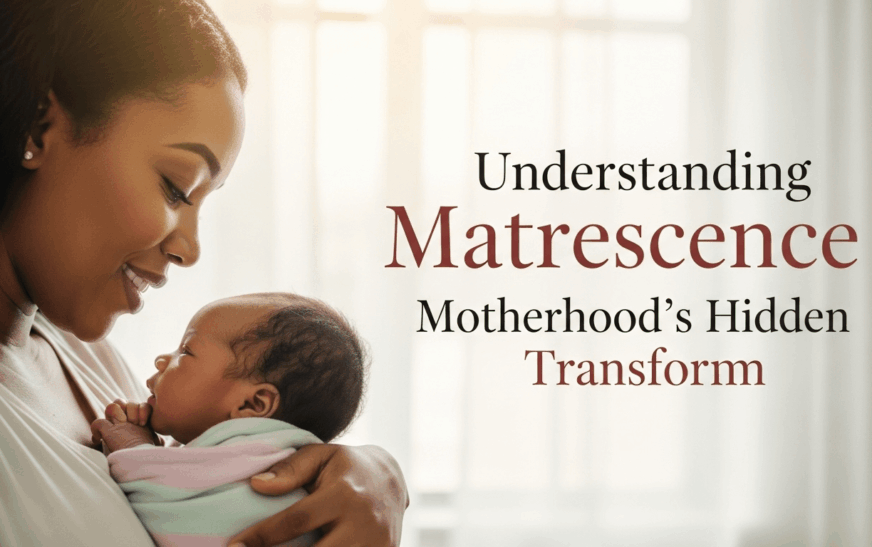Matrescence Motherhood’s transition is a powerful psychological and physical shift, often misunderstood and rarely discussed in depth.
Motherhood is often romanticized, but the process of becoming a mother—what anthropologist Dana Raphael termed matrescence—is a transformative journey akin to adolescence. This shift impacts not just the body but also the identity, relationships, mental health, and even worldview of the mother. In 2025, awareness around this phase is growing, but many are still unfamiliar with its name or its depth. This article aims to shed light on Matrescence Motherhood’s hidden layers, integrating research, real-life scenarios, and helpful frameworks.
The Forgotten Word: What Is Matrescence Motherhood’s Journey?
Most new mothers expect sleepless nights and diaper duty, but few are warned about the emotional tidal wave that comes with the transformation into motherhood. Matrescence is the transition into motherhood, including all emotional, hormonal, identity, and social changes. It’s not a medical condition but a developmental stage—a term that remained relatively obscure until recently.
Psychologist Alexandra Sacks, in her influential TED Talk and New York Times article, called it the “transition no one tells you about.” According to Sacks, matrescence is to motherhood what adolescence is to adulthood—a profound identity shift that deserves awareness and support (Source: TED).
Breaking Down the Phases of Matrescence
To understand Matrescence Motherhood’s complexity, let’s explore its primary phases:
| Phase | Description |
|---|---|
| Hormonal Shifts | Surge and fluctuation of estrogen, oxytocin, and prolactin levels. |
| Emotional Upheaval | Feelings of anxiety, self-doubt, and euphoria; often simultaneous. |
| Identity Reconstruction | Questioning former roles and self-concept outside of motherhood. |
| Social Adjustment | Shifting relationships with partners, friends, and even the workplace. |
| Cultural Influence | Pressure from societal ideals of the “perfect mother.” |
These stages don’t always occur linearly, and some mothers experience them more intensely than others.
Identity Crisis or Natural Growth?
It’s not uncommon for mothers to say, “I don’t know who I am anymore.” This isn’t weakness—it’s part of the transformation. A study published in Developmental Psychology found that motherhood creates more identity restructuring than most life stages, including marriage (Source).
Many women report a split between their pre-baby selves and their new roles. This shift can challenge their sense of purpose, ambition, and self-worth. But it’s not a breakdown—it’s a reconstruction. Understanding this helps normalize these feelings and reduces the guilt many mothers carry.
Not Postpartum Depression—But It Can Overlap
One crucial point of clarification: matrescence is not the same as postpartum depression (PPD). While they may intersect, matrescence is a universal process, not a disorder. Still, misdiagnosis is common, and that can lead to confusion and mistreatment.
In fact, the American College of Obstetricians and Gynecologists now recommends that doctors screen for emotional wellness at every postpartum visit, not just PPD, but for broader psychological adjustments related to matrescence (Source: ACOG).

Encourage open conversations. If you’re a healthcare professional or a family member, ask, “How are you really feeling—not just physically, but emotionally and mentally?”
Examples That Illustrate Matrescence Motherhood’s Reality
Let’s consider a few real-life inspired examples:
Example 1: Sophie, a corporate executive, returns to work 3 months postpartum. Despite reclaiming her former role, she feels disconnected and guilty for not missing her baby enough. She starts questioning whether her ambition undermines her motherhood.
Example 2: Leila, a stay-at-home mom, begins to feel invisible after months of round-the-clock parenting. Though surrounded by her children, she feels lonely, misses adult conversation, and wonders where her individuality went.
These aren’t anomalies—they are reflections of Matrescence Motherhood’s wide emotional spectrum.
How to Support the Matrescence Process
Every new mother undergoes this shift differently. That said, some universal support strategies can ease the experience.
Here’s a list of ways to support yourself or someone else through matrescence:
- Normalize the feelings: Understanding that identity conflict is natural can reduce shame.
- Seek communities: Online groups, parenting forums, or local meet-ups create valuable support.
- Therapy or coaching: Professionals specializing in motherhood can offer tools to navigate this phase.
- Journaling: Tracking emotional and identity shifts can offer clarity and validation.
- Partner communication: Open dialogues reduce resentment and increase connection.
- Flexible workplaces: Remote or adaptable work arrangements respect this new life phase.
- Rest without guilt: Recovery is physical and emotional. You’re allowed to rest.
Why 2025 Is the Year of Acknowledging Matrescence
In 2025, the discourse around Matrescence Motherhood’s evolution is gaining momentum. Movements such as #MatrescenceMatters on platforms like Instagram and LinkedIn are giving space to stories often left out of mainstream parenting narratives.
Even brands and HR departments are taking note. Companies like Patagonia and Spotify are expanding their parental support policies to recognize emotional well-being, not just physical recovery. This could mark the beginning of a broader shift in how society views and supports maternal identity.

Furthermore, apps like Peanut and Expectful now include content focused on emotional identity during motherhood, not just baby tracking or medical advice.
Encourage Conversation: Speak Up, Share, Support
Have you or someone you know experienced this identity shift during early motherhood? Sharing your thoughts could help others feel seen and validated. Leave a comment, ask a question, or even send this article to someone silently struggling.
💬 Question for readers: Did you know about matrescence before reading this? How would you describe your own experience of transitioning into motherhood?
Conclusion
Matrescence Motherhood’s hidden transformation is a universal yet overlooked part of becoming a parent. In 2025, as awareness increases, more women and families are learning to name and navigate this profound shift. From emotional change to identity growth, matrescence deserves recognition—not stigma. Understanding this journey empowers mothers and the people around them to embrace the full spectrum of motherhood. Awareness is the first step toward support.
Frequently Asked Questions (FAQ)
What does “Matrescence Motherhood’s” mean?
Matrescence Motherhood’s refers to the physical, emotional, hormonal, and psychological transition a woman experiences when becoming a mother. It’s similar to adolescence in its intensity and transformation, but it’s often unrecognized or misunderstood.
Is matrescence the same as postpartum depression?
No, they are different. Matrescence is a natural developmental phase, while postpartum depression (PPD) is a mental health disorder. However, they can overlap. Understanding matrescence can help differentiate between emotional adjustment and clinical symptoms.
Why is matrescence gaining attention in 2025?
In 2025, growing awareness through platforms like TED, Instagram, and maternal health communities has brought matrescence into mainstream conversations. Employers and healthcare providers are also beginning to recognize the importance of emotional well-being during motherhood.
How long does matrescence last?
There is no fixed timeline. For some women, matrescence lasts months, for others, it may unfold over several years—especially as a mother continues to evolve through different stages of parenting.
How can I support someone going through matrescence?
Support can include active listening, encouraging professional help when needed, validating their feelings, and reminding them that identity changes are normal. Simply acknowledging that they are going through a transformation can be deeply comforting.














